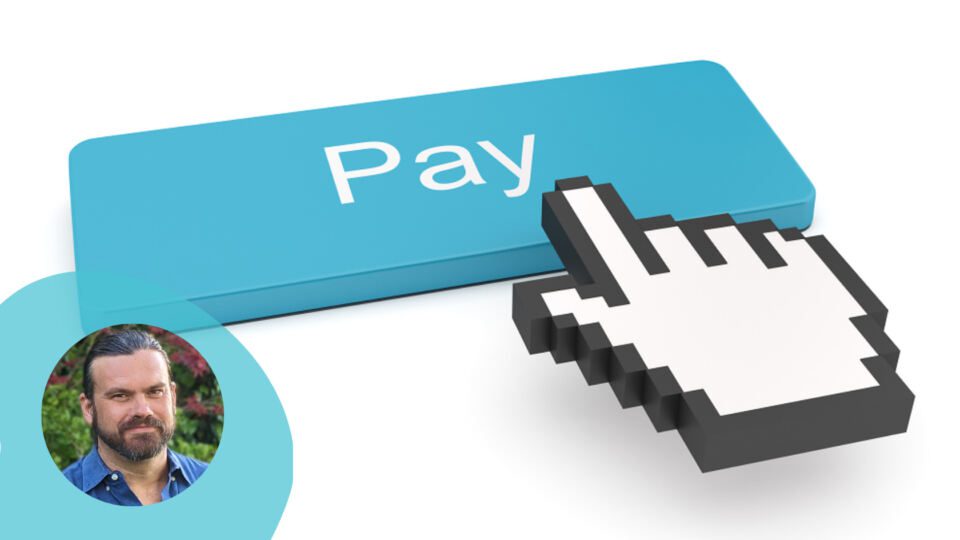Worldwide growth in various payment methods and processors has led retailers to build increasingly complex payment infrastructure. While offering payment optionality to meet customer demand and streamline the checkout experience for customers is crucial, it’s not without pain points.
Hurdles exist like technical debt, adding and negotiating new payment methods, keeping customer data secure and more. Retailers across the world are already battling with challenges around supply chain, sustainability, talent retention, the rising cost of living and its impact on consumer spending, and wider digitization. As merchants work to overcome these broader challenges, payment orchestration can help overcome payment-related woes so merchants can continue to scale.
Implementing Payment Methods Easily
Depending on the geographical footprint of a merchant’s customer base, there could be more than 200 payment methods and just as many payment processors and currencies worldwide of consideration. Of course, the majority of merchants are focused on a handful of markets, but even implementing one new payment connection in a single market can be difficult and costly.
Data from Barclaycard, a UK-based credit card provider, has shown that two in five (37%) of online businesses have not introduced any new payments technology on their website over the past two years. There are also many internal projects competing for prioritization over a payments expansion strategy, negatively impacting user growth and revenue for merchants as they seek to further digitize across their operations.
In addition to competing priorities, internal development teams face a growing issue of global talent shortage, with software engineers and developers in increasing demand. For merchants adding payment methods with internal teams, this can mean increasing resources and hiring large software teams, with implementation taking anywhere from months to years to complete.
Payment orchestration platforms (POPs) offer retailers the option to add new payment methods and providers in just a few clicks with little to no code required. A cloud-native provider is essential for merchants focused on flexibility and scale as they digitize.
Cloud-native POPs can offer merchants their own dedicated instances in the cloud, meaning they won’t share server loads with other merchants. These instances become their own individualized payments infrastructure, with the ability to deploy in any region or country with a local edge, helping them comply with local regulations and solving latency issues when trying to pass transaction data across large distances.
Tokenize Across Multiple Processors with One Provider
Tokenization protects sensitive payment data by replacing it with unique identification data. Many merchants operating online will use the tokenization service provided by their selected payment gateway provider. However, for those that would like to add more payment providers to their stack, each gateway provider has its own unique token schema, locking the merchant in and forcing the merchant to undertake a costly and time-consuming process of de-tokenizing data and moving that data to a new processing gateway if they want to switch providers.
For greater provider flexibility, POPs can offer a provider-agnostic vault, creating a unique individual token that can be used across any payment service provider (PSP) or acquirer in the system, giving a merchant full control over routing and the ability to optimize payment flow.
POPs allow retailers to use payments as a strategic advantage. The platform a retailer chooses should optimize conversion rates at a cart level and at checkout, as well as advise and recommend how to increase sales and decrease costs as a retailer’s business grows and expands. Cloud-native POPs can replace legacy payment infrastructures and systems and streamline and manage payment methods, services and transactions in one place.
John Lunn is the Founder and CEO of cloud payment orchestration platform Gr4vy. He is a technology and fintech entrepreneur with 21 years of experience working and investing in financial services, commerce enablement, e-payments, data, security and infrastructure. Lunn worked as the Director of Technology for six years at CyberSource, the world’s first payment service provider, which was sold to Visa for $2 billion in 2010. He then helped found Passmark Security, which was sold to RSA Security in 2006. In 2006 Lunn joined PayPal as the fourth employee in the UK (now 2,000+), where as Global Director of Developer and Startup Relations, he built and grew PayPal’s first Developer Relations team. In 2015, he was instrumental to the purchase of Braintree by PayPal and joined the team. In 2016, Lunn was part of the team that launched PayPal Ventures, the venture capital arm of PayPal, a $350 million fund with backing from the Board. Lunn was a Board Observer for Dosh, Arkose, Raise, Acorns, Toss and many others.




